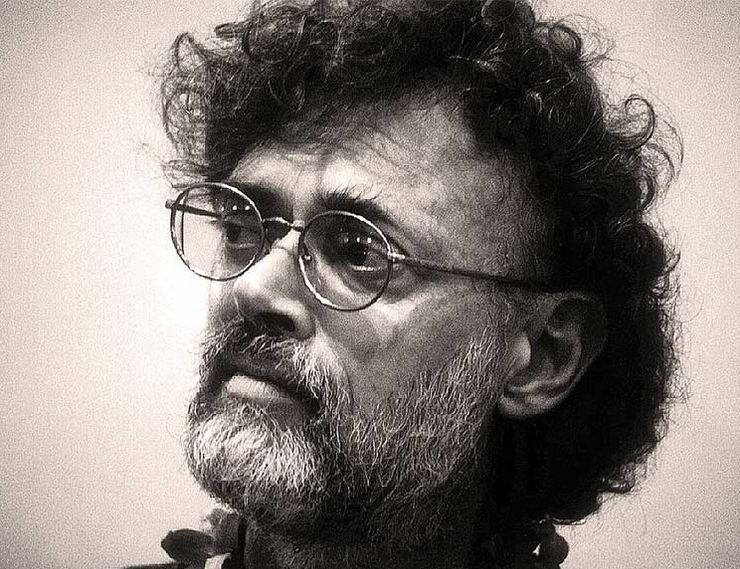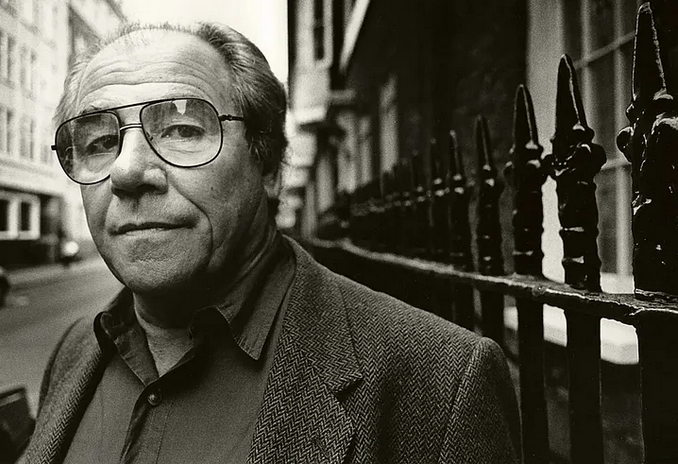Peter McLaren
Popular culture is the site where the naturalization of exploitation is cultivated in our subjectivity.
Artist as Shaman
The arts, visual, dramatic, musical and beyond are rooted in ancient shamanism. Shamanic principles of healing, magic, and holism were the bedrocks of their practice. As Terrance McKenna states in this thought provoking video, the artists of the 1960s were beginning to revitalize the archaic shaman. However, this movement that gave profound meaning to art was relativised by the rise of post-modernity. As it turns out a number of major post-modern, post-meaning artists were money laundering fronts for the U.S. government. Jackson Pollock’s handlers alone laundered tens of millions for secret projects. This had a dual purpose, in addition to laundering finances with ease, it catapulted post-modern art into the mainstream. This meant the relativisation of arts and culture was TACTICAL. To this day you will see how post-meaning has dominated thought in university lectures and textbooks, yet the true exploration of shamanic, revolutionary holistic roots of the arts is hardly examined.
“The artist’s task is to save the soul of mankind; and anything less is a dithering while Rome burns. Because of the artists, who are self-selected, for being able to journey into the Other, if the artists cannot find the way, then the way cannot be found.” -Terrence McKenna https://www.youtube.com/watch?v=19zSIcNzzaM
Explore the Irrational
•
Pataphysics is the Science
•
Dream it
•
Explore the Irrational • Pataphysics is the Science • Dream it •
Language of Disorientation
Noam Chomsky articulates the Powell’s memorandum made in 1971 marks the date of a highly coordinated effort to alter public perception of corporate interest. It targeted universities, media, sectors of government that at the time were overtly concerned with war, inequality and other appendages of a deeply corrupt system. This system had already been violently using cultural warfare since Kennedy’s assassination in 1963. The use of repetitive language was an incredibly simple tool of regulating public thought. In the case of JFK, the term coined in 1963 post-assassination was ‘conspiracy theorist.’ This term exploited two major cultural insecurities; stupidity and insanity. Both stupidity or insanity make one’s ontology false. Due to our mammalian nature, collective acceptable ontological belief is a big deal.
In 1963 ‘conspiracy theorist’ was proven so domesticating for criticality of power its remained relevant into 2025, despite being synonymous with righteous bigotry. Mis-informing the public has therefor become an effective method for disorienting critical thought, as it builds an association between questioning authority and fabricated ideas. As we will see, the MK-Ultra experiments happening in the 1950s and 1960s discovered their victims were more susceptible to outer influence once disoriented. Disorientation therefore became a major goal for power.
"The smart way to keep people passive and obedient is to strictly limit the spectrum of acceptable opinion, but allow very lively debate within that spectrum."- Noam Chomsky
Shaping Public Thought
Maybe you have a creative project to share with the world. Whatever it is, the way you tell your story online can make all the difference.
Chaos
As Neil makes perfectly clear in his book Chaos, the Manson family was an orchestrated form of cultural warfare. Manson used techniques that were used on himself during MK-Ultra experiments to lead a group of otherwise completely innocent hippies. The shocking crimes they would commit became associated with counter cultural hippies through the media’s horribly contorted lens. Just as the Manson cult was hypno-programmed so to was culture.
The Simulacrum
Jean Baudrillard’s concept of the simulacrum explains how the Gulf War was the moment war became culturally unreal, a mere simulated spectacle. It was the scud missiles of the Iranians versus the Patriot missiles as if it were a football game.
Simulation
Maybe you have a creative project to share with the world. Whatever it is, the way you tell your story online can make all the difference.
The Medium is the Message
Marshall McLuhan’s understanding that we build our tools that in turn shape us. This is why the medium is indeed the message because it isn’t just information the technology of television produces, just as a radio will produce a different reaction. In the case of television, Terrance McKenna states it has an effect similar to any opiate. A viewer’s eye’s will dilate, blood will pool in their rear and the senses will be satiated. The Vietnam war’s propaganda machine fell apart in real time as the public witnessed civilian atrocities making McLuhan truly believe the ontological truth of the image of war on television was too real. He felt that war could only be propagandized in romantic textual or oral cultures such as radio transmitted world war in Europe, and that television marked the death of culturally acceptable war. Yet, as Chomsky pointed out, from Vietnam to 1988, omission from public discourse was the main course of allowing US involvement in the bombing of other countries. The simulation of war in 1989 was a telling sign of a major alteration in public opinion of warfare. It would seem that the efforts put forward in the 1970s and 80s paid off.

